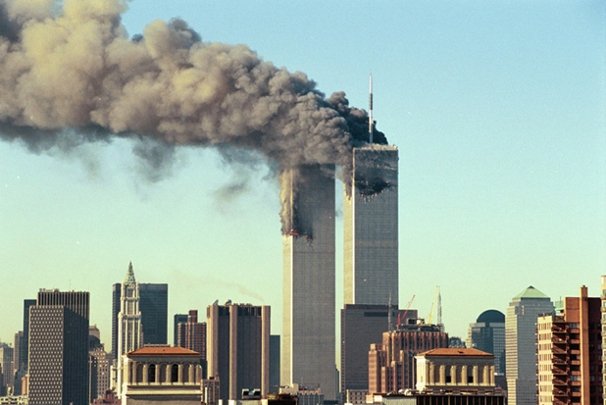According to the World Trade Center, a traumatized nation lived in the terror of another attack, and in the midst of the chaos, the United States was established to prioritize national security.
The 24-hour message cycle of attacks focused without cutting in the identity of terrorists: non-constants that could exploit “vulnerabilities” in the immigration system. In the eyes of the United States, “national security” required an urgent renewal of the system and the agreed public.
Read also
Bitcoin Nosedives After Becoming Legal Tender in El Salvador
Humanitarian & Economic Crises Chase Taliban Rule
People were ready to provide full control, government agencies of government agencies in the way they were Americans before terrorism. In many places, this has led to targeted persecution of motorists, which has led to arrests and family segregation for minor traffic violations.
Immigration reform has also remained an uphill battle. Before September 11, the current Bush administration signaled its support for immigration-friendly laws, including avenues to citizenship such as the DREAM Act. In fact, testimonials were provided for the proposed law. As of September 12, 2001.
After the attacks, however, the bill was postponed and has been pending for 20 years, leaving thousands of potential young people named DREAMers in the dark. The United States has undergone a major rethink since September 11th. The dream right has reflected this change over the years.
September 11, 2001, was an acute and permanent diversion in immigration policy and the hiring of the United States. In this episode of Latino USA, we explore major changes and events of the last 20 years of immigration through the lens of this catastrophic day.

